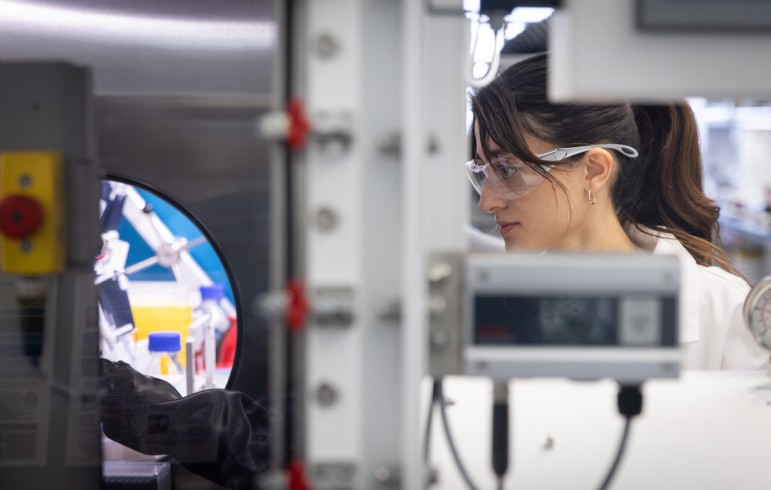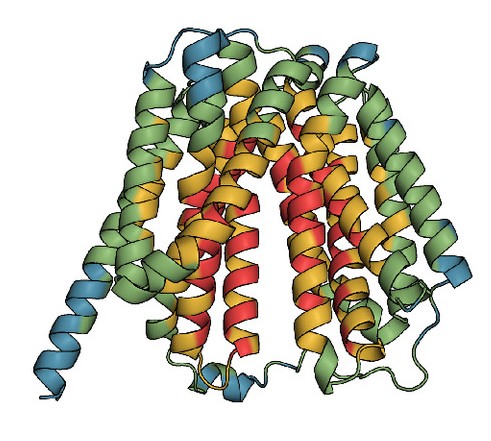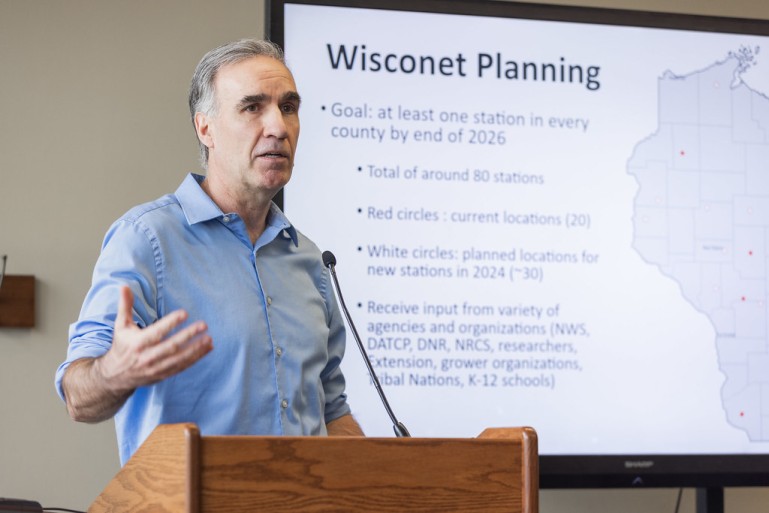These are some of the comments Cathy Middlecamp remembers hearing during her career in science at UW-Madison, where she was hired as a lecturer in 1979.
Peeling away the relationship between agribusiness and deforestation in the Amazon rainforest presents a kind of chicken-or-egg conundrum.
The drumbeat calling scientists to share their work with the public is as loud as ever, and Tracey Holloway is happy to answer. It’s just that education isn’t exactly what she’s offering.
She’s got satellites.
University of Wisconsin-Madison electrical engineer Hongrui Jiang has received a prestigious Stein Innovation Award from the leading voluntary health organization Research to Prevent Blindness.
TRANSCRIPT
A $10 million commercial biotech plant laboratory in Middleton, Wisconsin, first opened in 1982 with the help of University of Wisconsin–Madison scientists, will soon become part of UW–Madison following a donation from Monsanto Co.
Ronald Raines, the Henry Lardy Professor of Biochemistry, earned two national awards over the holiday. He was elected as a Fellow of the National Academy of Inventors (NAI) and also received the Vincent du Vigneaud Award from the American Peptide Society (APS).



